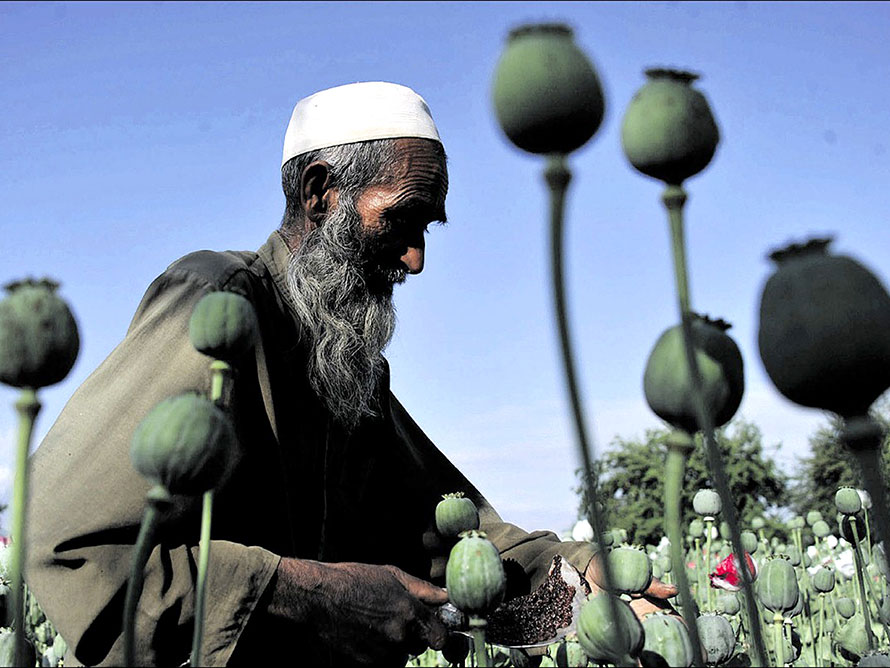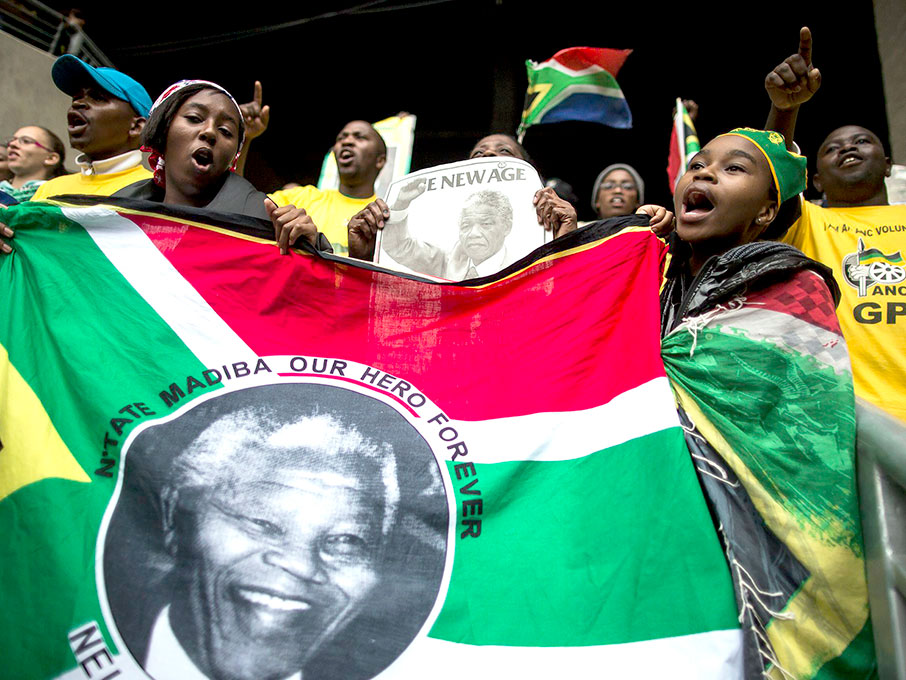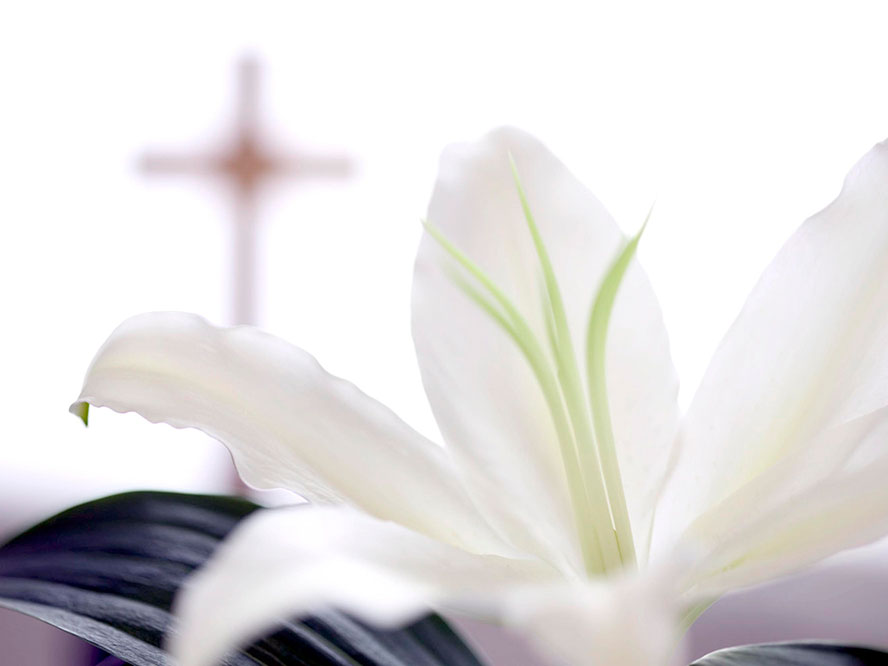“Now it happened that Jesus was standing one day by the Lake of Gennesaret, with the crowd pressing around Him…Jesus got into one of the boats – it was Simon’s – and asked him to pull out a little from the shore. Then He sat down and taught the crowd from the boat. When He had finished speaking, Jesus said to Simon: “Put out into deep water and lower your nets for a catch” (See Luke 5:1-11). The episode was easily and happily interpreted allegorically by Blessed John Paul II in his letter which ushers in the Third Millennium of Christianity, Novo Millennio Ineunte (2001).
“At the beginning of the new millennium, and at the closing of the Great Jubilee, a new stage of the Church’s journey begins and our hearts ring out with the words of Jesus when one day, after speaking to the crowds from Simon’s boat, He invited the Apostles to ‘put out into the deep for a catch’ – Duc in altum!” Peter and his companions trusted Christ’s words, and cast the nets. “When they had done this, they caught a great number of fish” (Luke 5:6).
Duc in altum! These words ring out for us today, and they invite us to remember the past with gratitude, to live the present with enthusiasm, and to look forward to the future with confidence: “Jesus Christ is the same yesterday, today and forever” (Hebrews 13:8). Let us go forward in hope! A new millennium is opening before the Church like a vast ocean upon which we shall venture, relying on the help of Christ…At the beginning of this new century, our steps must quicken as we travel the highways of the world…
UNFURL THE SAILS TO THE WIND OF THE SPIRIT
“Together, let us unfurl the Church’s sails to the wind of the Spirit, examining the signs of the times and interpreting them in the sign of the Gospel, to answer “the ever recurring questions of men and women about the meaning of this present life and of the life to come.” From the beginning of his pontificate in 1978, Pope John Paul II understood that his commission from the Lord was to lead the Church into the new millennium.
It is said that the Polish primate, Cardinal Wyszinsky, had told the Pope, immediately after his election, that this was his task. John Paul II mentions this in his first encyclical letter Redemptor Hominis (1979) which was his program. The Pope indicates, over and over again, that our faith is about a person – Jesus Christ – who introduces us into the fellowship and communion of the Holy Trinity.
The Pope recognizes that it is naïve to think that there is some magic formula to solve the problems of our age. No, he says, we shall not be saved by a formula, but by a Person, Jesus, and by the assurance which He gives us: “I am with you.” This essential guideline remains vital against the background of traditional Catholicism that, in the Philippines, is exemplified by the Simbang Gabi (the novena for Christmas). The Simbang Gabi, with all its charm, is certainly a feature of the Filipino Catholicism.
Such an extraordinary attendance! We cannot exclude an element of “superstition” or, better, the belief that if you do certain acts, you capture good luck. It is like a spiritual feng shui, something that most devout and practicing Chinese Christians will not neglect! The early hours are beautiful, the weather, cool; the silence, overwhelming, only counterpointed by the humming of the early traffic from a distance…The choir puts us in the right atmosphere with a lively rendition of “Halina, Hesus, halina” (Come, Jesus, come).
CATHOLICISM DENTED BY SECTS
The moment of Communion comes and the streams of communicants seem unending. I can’t help noticing some of them: the hesitant or embarrassed way they open their mouth or extend their hands to receive the Host reveals that it is something very unfamiliar… Are they prepared for it? Do they know what they are doing? Nowadays, most Catholic people receive Communion and very few go to confession…
The Simbang Gabi is so characteristic of this culture that many overseas workers time their vacations with the Christmas season in order to take part in it. It is a general phenomenon and yet so many Christian sects have considerably dented the Catholic masses. It is estimated that around 15 million Filipinos have left the Catholic Church in the last decades and joined the sects. A fact that is repeated in Latin America and, more recently, in Africa…To my understanding, that is the consequence of the number of pastors who come to evangelize our neglected masses.
It is true that there are many more seminaries and seminarians in the Philippines nowadays than in the past, but the population has, in the meantime, increased enormously. What can a young priest, alone in a parish of 30/50 thousand faithful, do? The field is wide open for every kind of poachers! If the trend keeps on (and becomes a landslide!), will the Simbang Gabi disappear?
Christians in China almost disappeared in the 18th century, when the emperor turned against Christianity and the pope suppressed the Society of Jesus. The flock was disbanded because it had no shepherds. I spent my youth, as a missionary, in Uganda and happily witnessed the swelling of the Catholic Church. I went back there six years ago and I found now more than 600 Christian denominations and the number is growing by the day. In the last decades, it is a fact that the missionary initiative has passed to the Pentecostals; Catholics have become dormant in the field of mission. The call of the popes to “put out into the deep” was meant to awaken the missionary dynamism of the Catholic masses.
TEN MISSIONARY GUIDELINES
The following are ten statements by Pope Francis about the way to announce the Gospel to the present day world, taken from his recent document “The Joy of the Gospel.” It is a heartfelt call to all the baptized in order for them to take Jesus’ love “with new fervor and dynamism, in a permanent state of mission, overcoming the great risk of today’s world: that of falling into an individualist cynicism and lack of joy.”
– The sign of God’s welcoming attitude is to find churches with doors always open so that all those who are searching may not find the cold reception of a closed door.
– Not even the doors of the Sacraments should be closed: for example, the Eucharist is “not a reward for the perfect, but a generous remedy and a nourishment for the weak.”
– Better a Church “wounded and dirty because she is out on the roads of the world” than a Church closed in a defensive attitude.
– These are the temptations of pastoral workers: an individualistic attitude, identity crisis, a cooling off of fervor. We must be signs of hope, putting into practice the “revolution of tenderness,” praying that God may free us from a worldly Church, often in pastoral or spiritual disguise.
– Lay people, who are often kept at the margin of the decision process by an exaggerated clericalism, should receive more responsibility and the young should be encouraged to take lead positions.
– The present economic system is “unjust in its roots” because what prevails is the law of the stronger, where those who are excluded are exploited and become the leftovers, the refuse of society. “We are living in a new, invisible tyranny of a market economy, often considered like an idol where, financially playing with the market, pervasive corruption and selfish tax evasion dominate.”
– The family is going through a deep cultural crisis, where “the post-modern and globalized individualism favors a lifestyle that perverts family ties.”
– A “Church poor for the poor” means we understand that the poor have much to teach us and, if and until their problems are not radically faced and solved, even the problems of the world will not find a solution.
– Politics, so much reviled, is “one of the most precious forms of charity;” we must pray to God that He may grant us more politicians who will take to heart the life of the poor.
– “Goodness, by itself, tends to spread” and every person who experiences a deep liberation from egoism, acquires a greater sensitivity as far as the needs of the neighbors are concerned. Whoever desires to live in fullness and dignity has no other way but to recognize the others’ good and contribute to it.
This is a generous and intelligent program. The important thing is to put it into practice.

























